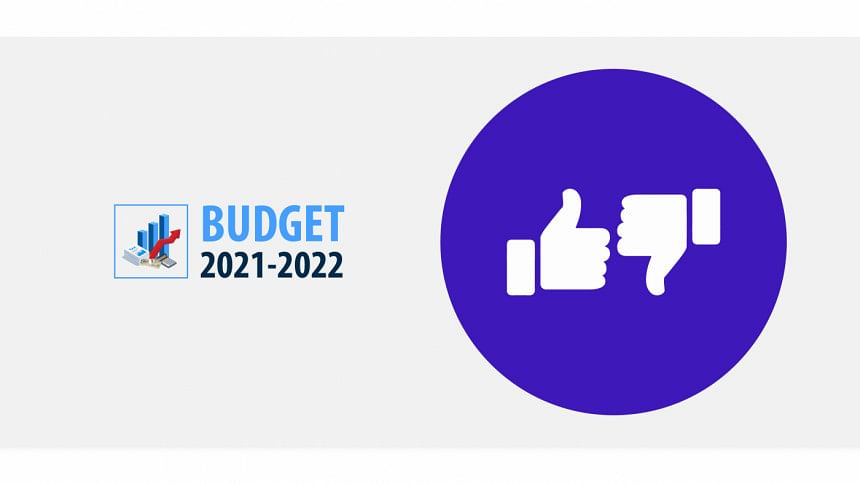TIB raises concern over insufficient allocation for health

The Transparency International Bangladesh has expressed concern for not having sufficient allocation in the next budget for critical sectors, including health, to combat the Covid-19 pandemic.
Similarly, it also raised concern over the lack of a clear roadmap to ensure transparency and prevention of corruption in the overall budget implementation.
The anti-graft body also urged the government to ensure transparency and prevent corruption in implementation of the budget.
It, however, applauded the government's decision of not keeping any scope to whiten black money in the budget.
It seems like the government has gone through some sort of enlightenment as it has refrained from renewing the scope for whitening of black money, which was introduced amid severe criticism earlier, TIB Executive Director Iftekharuzzaman said in a statement.
He said they want to believe that the authorities will respect the prime minister's stance of 'zero tolerance against corruption' and will not allow this unethical benefit to continue in the end even if they face any legal scrutiny or pressure from any vested quarter.
He stressed the need for announcing a budget, which is participatory, can ensure welfare of the people and can save lives.
"In the proposed budget for 2021-22 fiscal year, the allocation for the health sector has been increased to Tk 33,000 crore—which is about 7 per cent of the total budget— but it is still much less than what is needed."
According to the latest data from the World Health Organisation, 74 per cent of treatment cost is borne by the patients and 26 per cent by the government, which is a shame for Bangladesh as a signatory to the UN Universal Declaration of Health, Iftekharuzzaman said.
"Again, due to persistent corruption and a lack of fair spending capacity, there is a strong risk that this allocation will not be spent properly, from which there is no clear roadmap in the budget, which is disappointing. However, there is no alternative to reorganising the health sector in recent years to curb the unimaginable and skyrocketing corruption."
Although he applauded the government's investment in vaccination activities to prevent the transmission of Covid-19 in the country and the allocation of Tk 10,000 crore to fight the coronavirus, Iftekharuzzaman said, "This allocation is not enough to deal with coronavirus. In this case, the process of spending money should be done with transparency and it should be ensured that corruption in the health sector should not take advantage of it in any way."
Similarly, the government is expected to follow a transparent procurement process and prioritise the public interest in procuring vaccine for coronavirus, he added.
He also commented that the tax exemption for 10 years is a timely decision to increase the scope of hospital services outside the city. This will create opportunities to ensure quality healthcare in rural areas, he said.
Expressing concern over the news of allocation of about 60 per cent of the total proposed budget in the underdeveloped sector, Iftekharuzzaman said, "Considering the corona (Covid-19) reality, the government was expected to reduce unnecessary expenditure and make realistic allocations to the emergency services sector.
"But in terms of the total allocation, public administration received the fourth highest allocation (7.6 per cent) and when defence expenditure was added with that, the amount exceeded about 14 per cent. Although the allocation increased every year, the lack of effective strategies to ensure transparency and accountability as well as increase the efficiency of public administration is disappointing," he said.

 For all latest news, follow The Daily Star's Google News channel.
For all latest news, follow The Daily Star's Google News channel. 



Comments